W209902
Alcool d′anisyle
≥98%, FCC, FG
Synonyme(s) :
Alcool 4-méthoxybenzylique, Alcool de p-anisyle, Alcool anisique, Alcool d’anis
About This Item
Produits recommandés
Source biologique
synthetic
Niveau de qualité
Qualité
FG
Halal
Kosher
Agence
meets purity specifications of JECFA
Conformité réglementaire
EU Regulation 1334/2008 & 178/2002
FCC
FDA 21 CFR 117
FDA 21 CFR 172.515
Essai
≥98%
Indice de réfraction
n20/D 1.544 (lit.)
pb
259 °C (lit.)
Pf
22-25 °C (lit.)
Densité
1.113 g/mL at 25 °C (lit.)
Application(s)
flavors and fragrances
Documentation
see Safety & Documentation for available documents
Allergène alimentaire
no known allergens
Propriétés organoleptiques
floral; sweet; vanilla
Chaîne SMILES
COc1ccc(CO)cc1
InChI
1S/C8H10O2/c1-10-8-4-2-7(6-9)3-5-8/h2-5,9H,6H2,1H3
Clé InChI
MSHFRERJPWKJFX-UHFFFAOYSA-N
Vous recherchez des produits similaires ? Visite Guide de comparaison des produits
Catégories apparentées
Description générale
Application
- De Novo Biosynthesis of Anisyl Alcohol and Anisyl Acetate in Engineered Escherichia coli : cette étude explore la biosynthèse de l'alcool anisique et de l'acétate anisique dans des souches modifiée d'E. coli, mettant en évidence le potentiel de production écoresponsable de ces composés. Les bactéries modifiées ont démontré une conversion efficace des substrats, ouvrant de nouvelles perspectives pour les applications biotechnologiques dans les industries des arômes et des parfums (Pan et al., 2023).
- Aryl-alcohol Oxidase Involved in Lignin Degradation: A Mechanistic Study Based on Steady and Pre-steady State Kinetics and Primary and Solvent Isotope Effects with Two Alcohol Substrates : cette recherche examine le rôle de l'aryl-alcool oxydase dans la biodégradation de la lignine, en se concentrant sur la cinétique de l'enzyme et son interaction avec l'alcool anisique. Ces résultats apportent des informations sur la biodégradation de la lignine, qui est fondamentale pour la production de biocarburants (Ferreira et al., 2009).
- First Evidence of Catalytic Mediation by Phenolic Compounds in the Laccase-induced Oxidation of Lignin Models : cet article scientifique présente les premières données démontrant le rôle des composés phénoliques, notamment de l'alcool anisique, dans la médiation de l'oxydation de modèles de lignine catalysée par la laccase. L'étude permet de mieux comprendre la valorisation de la lignine, ce qui est important pour le développement de bioraffineries écoresponsables (d′Acunzo and Galli, 2003).
Mention d'avertissement
Warning
Mentions de danger
Conseils de prudence
Classification des risques
Eye Irrit. 2 - Skin Irrit. 2 - Skin Sens. 1B
Code de la classe de stockage
10 - Combustible liquids
Classe de danger pour l'eau (WGK)
WGK 1
Point d'éclair (°F)
235.4 °F - closed cup
Point d'éclair (°C)
113 °C - closed cup
Équipement de protection individuelle
Eyeshields, Faceshields, Gloves, type ABEK (EN14387) respirator filter
Faites votre choix parmi les versions les plus récentes :
Déjà en possession de ce produit ?
Retrouvez la documentation relative aux produits que vous avez récemment achetés dans la Bibliothèque de documents.
Les clients ont également consulté
Global Trade Item Number
| Référence | GTIN |
|---|---|
| W209902-10KG | |
| W209902-25KG-K | 4061837799808 |
| W209902-SAMPLE-K | 4061837502545 |
| W209902-10KG-K | 4061837799785 |
| W209902-1KG | |
| W209902-25KG | |
| W209902-SAMPLE | |
| W209902-1KG-K | 4061837799792 |
Notre équipe de scientifiques dispose d'une expérience dans tous les secteurs de la recherche, notamment en sciences de la vie, science des matériaux, synthèse chimique, chromatographie, analyse et dans de nombreux autres domaines..
Contacter notre Service technique
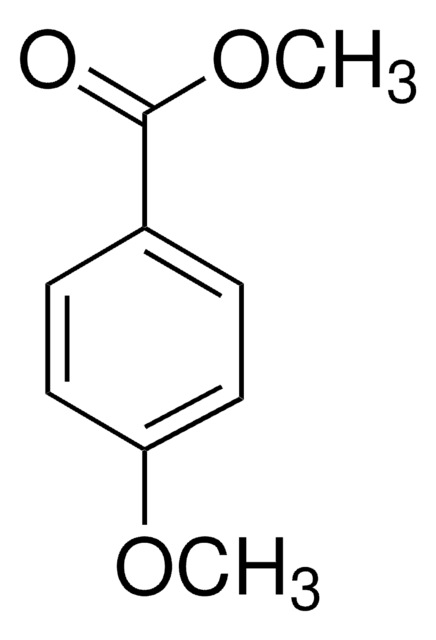



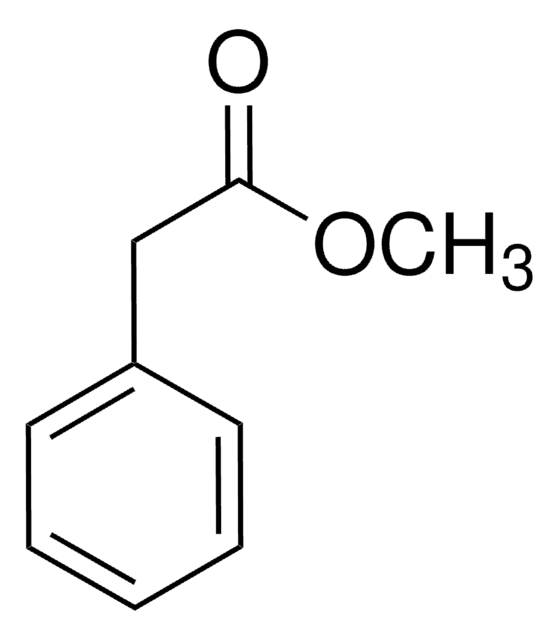
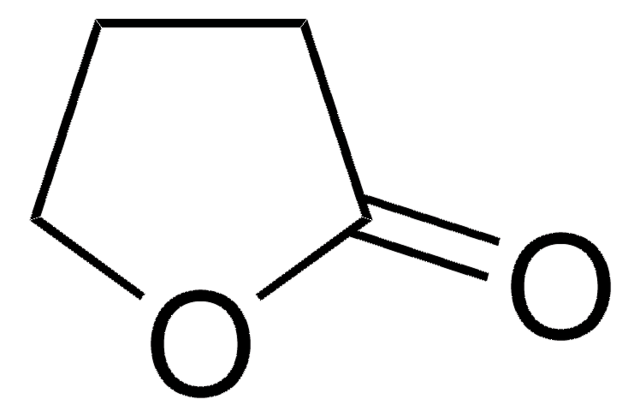

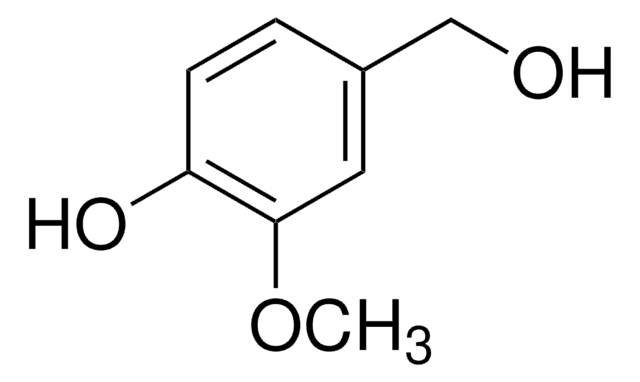

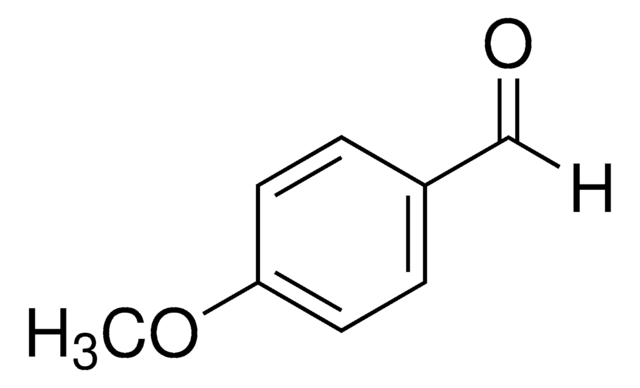


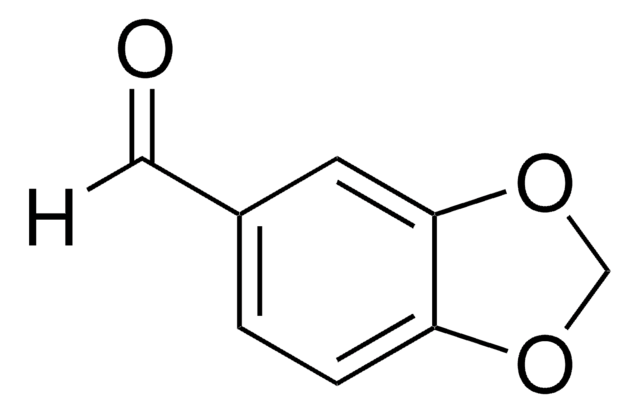
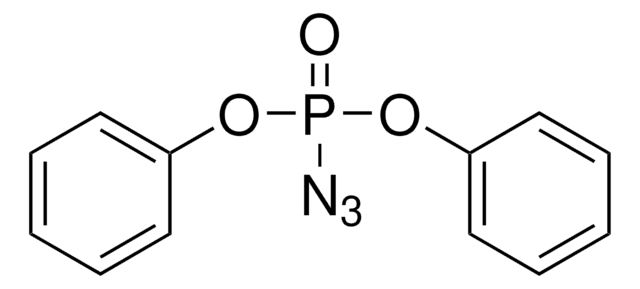

![1,8-Diazabicyclo[5.4.0]undéc-7-ène 98%](/deepweb/assets/sigmaaldrich/product/structures/120/564/5b373e23-1624-489c-8efb-692de0f96ffb/640/5b373e23-1624-489c-8efb-692de0f96ffb.png)